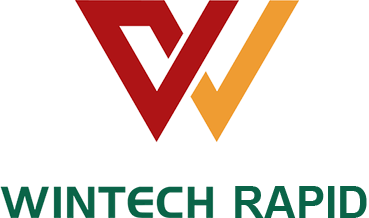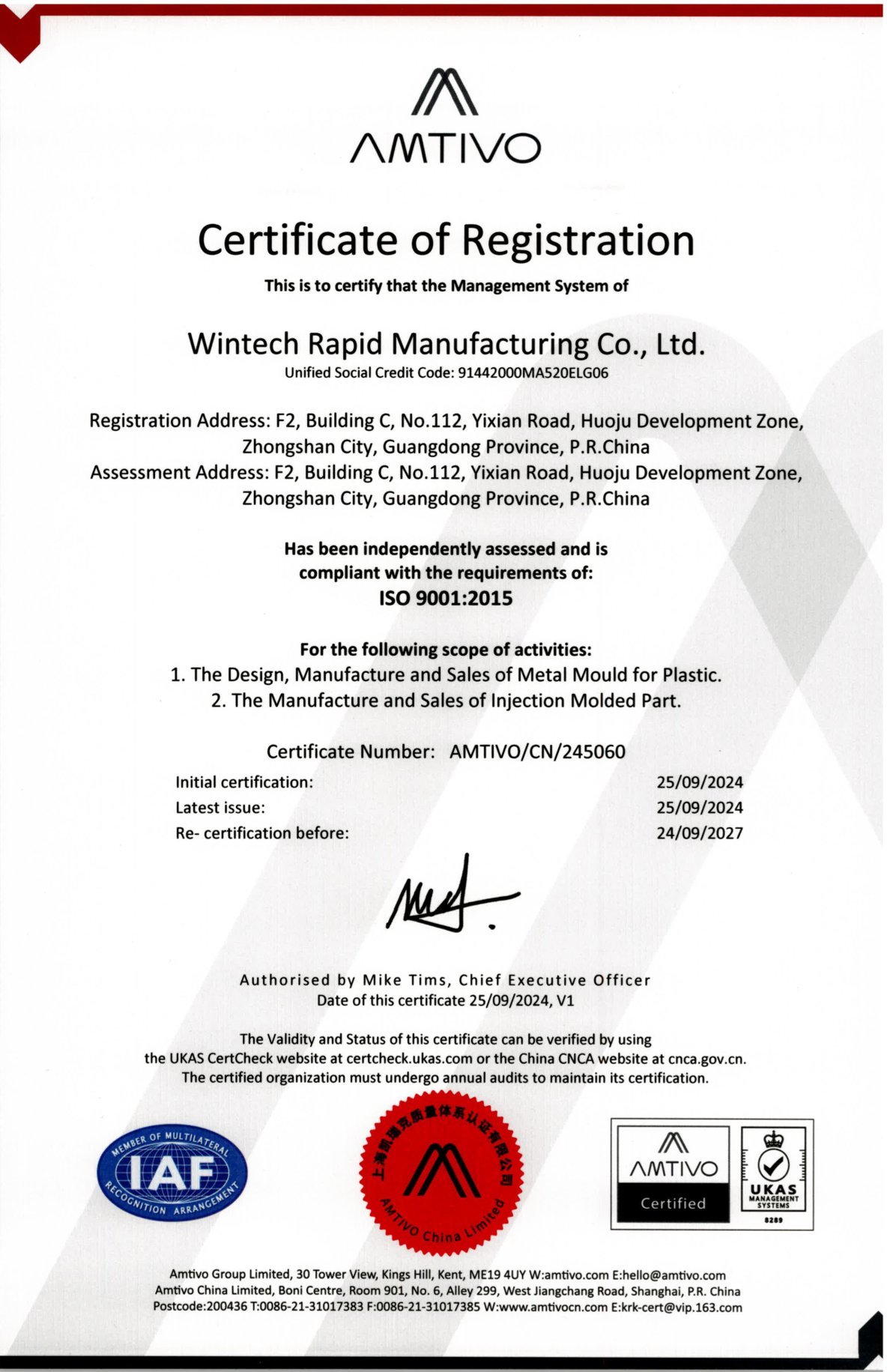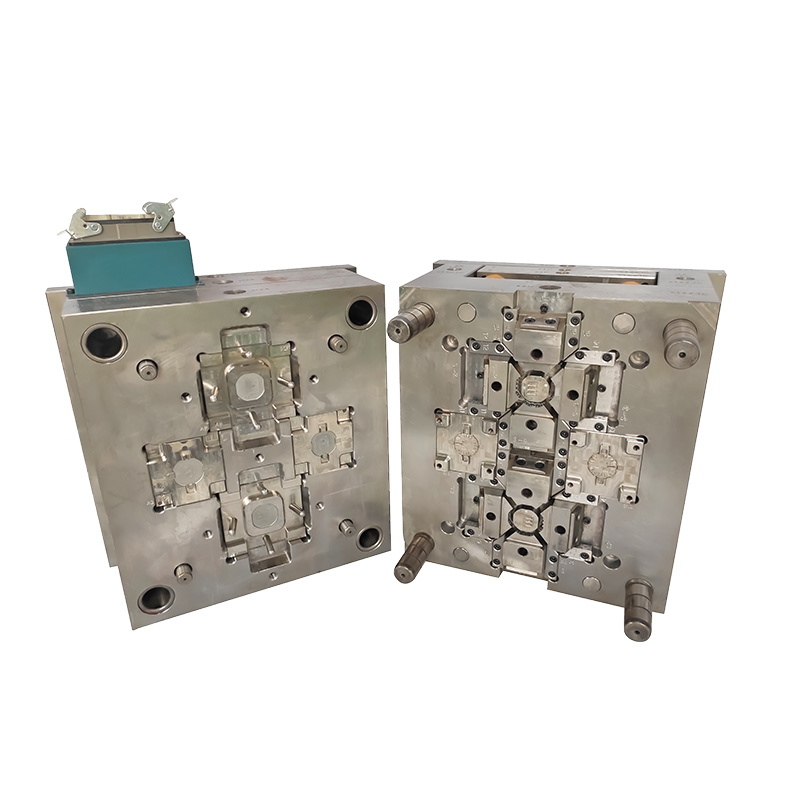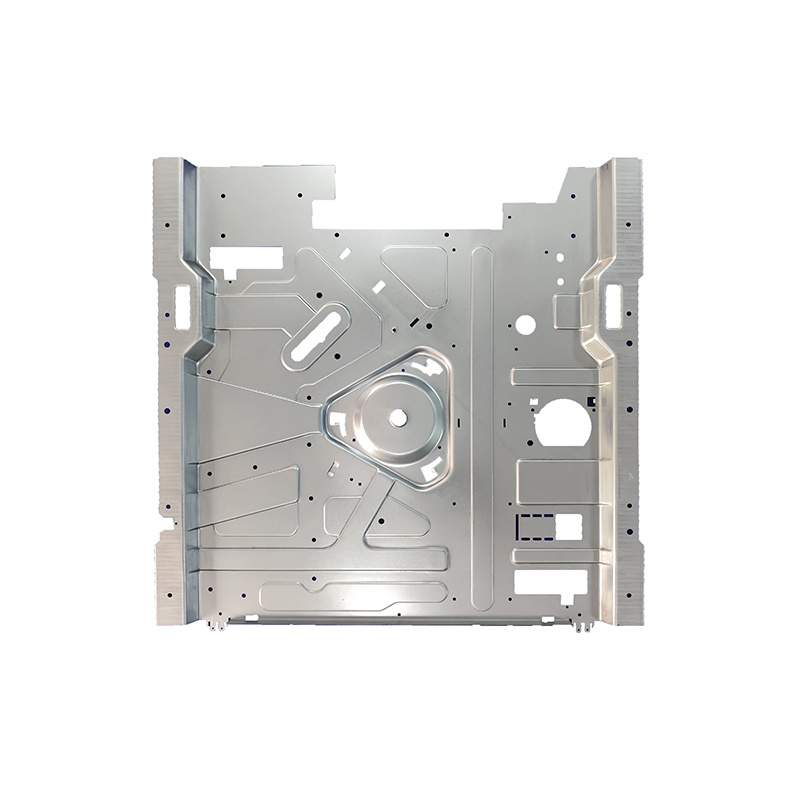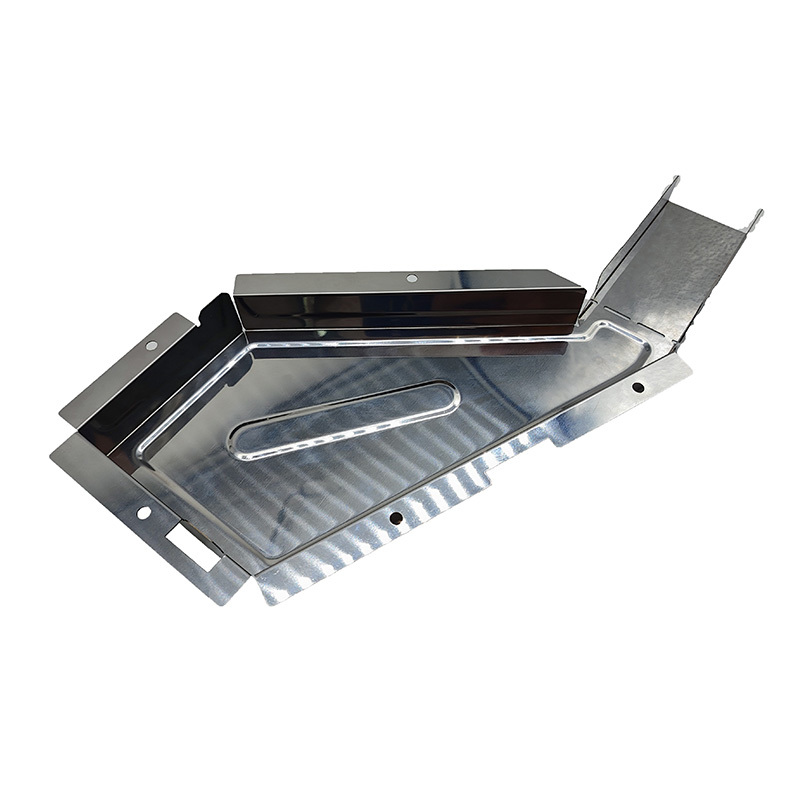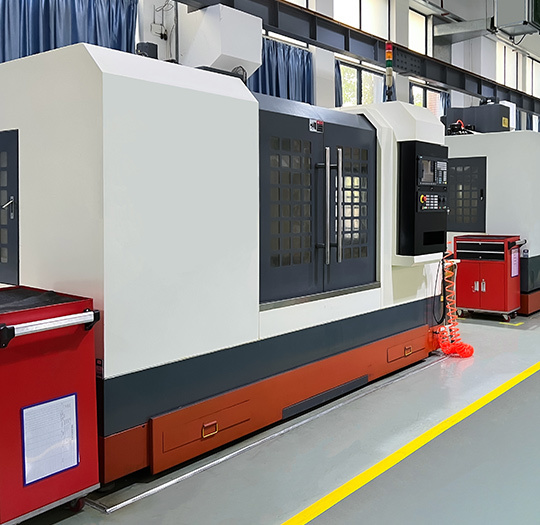Enhancing Efficiency in Manufacturing: The Advantages of Rapid Tooling Injection Molding
Time:
2025-04-29 09:21
Source:
Rapid tooling injection molding is a transformative approach in the manufacturing sector, particularly within the realm of plastic molding. This technique combines the principles of traditional injection molding with expedited tooling methods to create parts and prototypes in significantly reduced timeframes. As industries continue to evolve, understanding the nuances of this process can provide manufacturers with a competitive edge.
At its core, rapid tooling utilizes advanced techniques, such as 3D printing and CNC machining, to produce molds and tooling faster than conventional methods. This leads to a shorter lead time for product development, allowing companies to respond swiftly to market demands and expedite their time-to-market. The ability to produce parts quickly not only enhances efficiency but also fosters innovation, as manufacturers can iterate designs more readily based on real-time feedback and testing.
Moreover, the flexibility of rapid tooling injection molding allows for the creation of complex geometries and detailed designs that might be challenging or cost-prohibitive with traditional tooling methods. This capability is particularly beneficial for industries that require customized solutions, such as automotive, medical devices, and consumer goods. By offering the possibility for intricate designs without a significant increase in cost or production time, manufacturers can meet the specific needs of their clients.
Another notable advantage of rapid tooling injection molding is the reduction of upfront costs associated with conventional mold production. While traditional tooling often entails extensive setup times and costs, rapid tooling allows for economical production of low to medium volumes with minimal investment. This aspect is particularly advantageous for startup companies or those looking to test new product lines without committing to large-scale production.
In addition to cost and time efficiency, rapid tooling injection molding also contributes to sustainability in manufacturing. The ability to produce only the necessary quantities reduces waste and promotes a more environmentally friendly approach to production. As consumers increasingly demand sustainable practices, adopting rapid tooling might position manufacturers competitively in the market.
In summary, rapid tooling injection molding stands out as an effective solution for manufacturers seeking to enhance their production capabilities. By leveraging quick mold creation, flexibility in design, reduced costs, and environmental benefits, companies can not only improve their operational efficiency but also foster innovation and responsiveness in a fast-paced market. Embracing this technology can indeed be a game-changer for businesses aiming to stay ahead in the competitive landscape of plastic molding.
At its core, rapid tooling utilizes advanced techniques, such as 3D printing and CNC machining, to produce molds and tooling faster than conventional methods. This leads to a shorter lead time for product development, allowing companies to respond swiftly to market demands and expedite their time-to-market. The ability to produce parts quickly not only enhances efficiency but also fosters innovation, as manufacturers can iterate designs more readily based on real-time feedback and testing.
Moreover, the flexibility of rapid tooling injection molding allows for the creation of complex geometries and detailed designs that might be challenging or cost-prohibitive with traditional tooling methods. This capability is particularly beneficial for industries that require customized solutions, such as automotive, medical devices, and consumer goods. By offering the possibility for intricate designs without a significant increase in cost or production time, manufacturers can meet the specific needs of their clients.
Another notable advantage of rapid tooling injection molding is the reduction of upfront costs associated with conventional mold production. While traditional tooling often entails extensive setup times and costs, rapid tooling allows for economical production of low to medium volumes with minimal investment. This aspect is particularly advantageous for startup companies or those looking to test new product lines without committing to large-scale production.
In addition to cost and time efficiency, rapid tooling injection molding also contributes to sustainability in manufacturing. The ability to produce only the necessary quantities reduces waste and promotes a more environmentally friendly approach to production. As consumers increasingly demand sustainable practices, adopting rapid tooling might position manufacturers competitively in the market.
In summary, rapid tooling injection molding stands out as an effective solution for manufacturers seeking to enhance their production capabilities. By leveraging quick mold creation, flexibility in design, reduced costs, and environmental benefits, companies can not only improve their operational efficiency but also foster innovation and responsiveness in a fast-paced market. Embracing this technology can indeed be a game-changer for businesses aiming to stay ahead in the competitive landscape of plastic molding.
rapid tooling injection molding
Previous Page
Previous Page
Related news
2024-11-15

